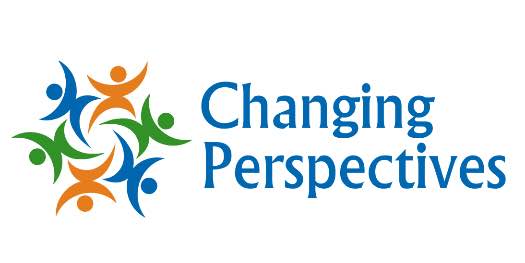 The 2020-21 school year promises to be unlike any other. Families are looking to schools for guidance in how we pick up the pieces of missed instruction, missed support services, missed social opportunities and missed celebrations. They will rightfully demand that schools be prepared to address the needs of all students not only academically but also socially and emotionally.
The 2020-21 school year promises to be unlike any other. Families are looking to schools for guidance in how we pick up the pieces of missed instruction, missed support services, missed social opportunities and missed celebrations. They will rightfully demand that schools be prepared to address the needs of all students not only academically but also socially and emotionally.
As such, schools must take a different approach than they have in the past to supporting students’ diverse needs. A proactive approach to social-emotional learning, or SEL, is a clear pathway to achieving this goal. But schools must think beyond a canned SEL curriculum because the challenges — and the stakes — are higher than ever.
Families can help ensure that this critical work occurs by advocating for schools to implement high-quality SEL programming that ensures accessibility of materials to all students and provides parents with education and resources to become partners in these efforts. They can help ensure that schools consider the best ways to seamlessly integrate social-emotional learning into the core academic subjects. Too often, schools teach SEL in isolation from subjects like English, math, history and science. Instead, they should be considering how best to teach social-emotional learning in conjunction with them.
In many states, students will have been out of classrooms for nearly six months. When school begins again, virtually or in person, students will not return as they left. And herein lies the challenge for educators: How do we address the needs of all students when the spectrum of individual and collective trauma is so broad? Troublesome achievement gaps have widened. Students have missed out on vital services and interventions. Kids have been cut off from their peers. Families are struggling with new landscapes of their own. Our nation is grappling with deep, difficult questions about equality and justice.
Students’ traumatic experiences are varied and will inevitably need to be processed, reflected on and supported by teachers and school personnel. Before schools can address academic regression, they need to first address students’ social-emotional well-being.
To construct and deliver high-quality SEL programming, education leaders will need to use the summer months to plan and collect resources. They must train their educators on how best to deliver materials, virtually and in person, to be most effective in supporting all students.
Families’ advocacy for schools to support their students socially and emotionally through the uncertainty they face this fall will offer schools opportunities to strengthen connections and extend SEL into homes.
By planning for the year ahead, and taking advantage of the opportunities this current situation affords, schools can support their students emotionally through this crisis and lay a foundation to support them more effectively in the future.
Read this and other articles from 8 experts on The74Million.org

